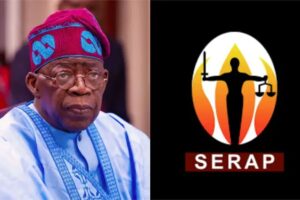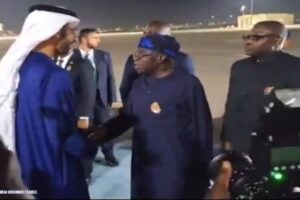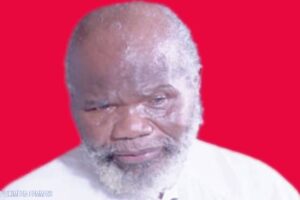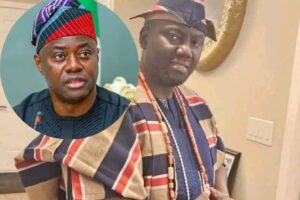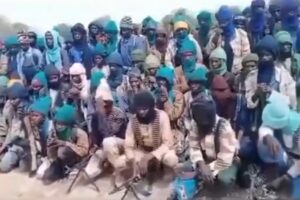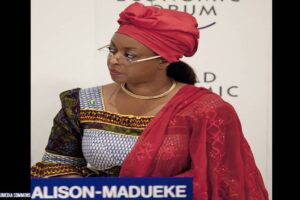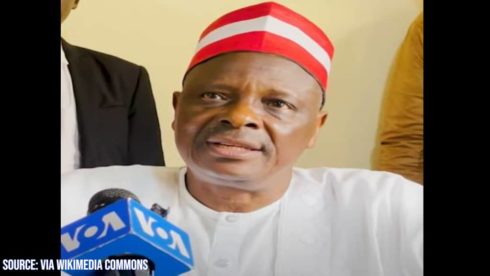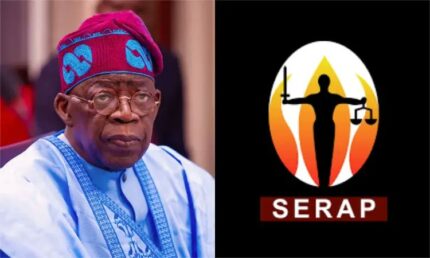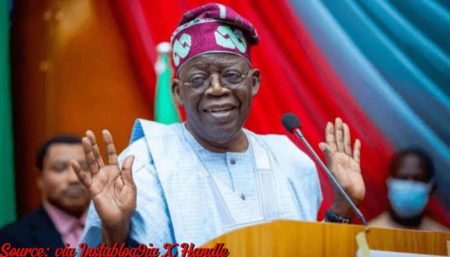Former Kano State governor, Rabiu Musa Kwankwaso, has ignited a heated national debate with allegations of undue interference from Lagos-based interests in Northern governance. During a recent public address, Rabiu Musa Kwankwaso accused Lagos of attempting to “colonize” the North, claiming this influence hampers the region’s ability to independently select its traditional and political leaders. His assertion that “Lagos will not allow us to choose our emir” has drawn attention to growing concerns about the autonomy of Northern institutions and their vulnerability to external manipulation.
Rabiu Musa Kwankwaso’s remarks reflect a broader unease about centralized political overreach disrupting localized decision-making across Nigeria. The tension underscores a perceived imbalance in power dynamics between the North and South, particularly Lagos, which is seen as the country’s economic nerve center. As this discourse unfolds, it highlights the urgent need to address regional grievances and protect the sovereignty of Northern traditional and political systems.
Historical Context of Regional Tensions
Rabiu Musa Kwankwaso’s comments touch on long-standing regional rivalries between Nigeria’s North and South. Historically, the North has maintained a distinct cultural and political identity, with traditional leadership structures like emirs playing pivotal roles. Southern regions, particularly Lagos, have often been seen as economic powerhouses with substantial political influence.
The perceived interference from Lagos could reignite debates about federalism and regional independence. These debates have been at the heart of Nigeria’s political landscape since its post-colonial era, often shaping election narratives and policy directions.
Lagos-Kano Political Dynamics
The relationship between Lagos and Kano, two of Nigeria’s most influential regions, has grown increasingly complex. While Lagos is seen as the commercial capital of the country, Kano remains a cultural and political bastion in the North. Rabiu Musa Kwankwaso’s allegations suggest a growing imbalance in this dynamic, with Southern interests allegedly overshadowing Northern autonomy.
Critics argue that such tensions could undermine national unity, especially as Nigeria gears up for upcoming electoral cycles. Observers suggest that Rabiu Musa Kwankwaso’s comments may be part of a broader political strategy to galvanize Northern support by appealing to regional sentiments.
Reactions from Political Stakeholders
Rabiu Kwankwaso’s statement has elicited mixed reactions from across the political spectrum. Some Northern leaders have expressed support, viewing his remarks as a defense of regional integrity. Others, however, see his comments as divisive and potentially harmful to Nigeria’s fragile unity.
Southern politicians, particularly those from Lagos, have yet to respond officially. Analysts predict that this development could escalate into a war of words between regional leaders, further polarizing the already tense political environment.
Implications for Traditional Institutions
The accusation of Lagos influencing the selection of emirs strikes at the heart of Northern traditional institutions. Emirs, as custodians of culture and religion, hold significant sway over the social fabric of the North. Rabiu Musa Kwankwaso’s remarks suggest that these institutions may be losing their independence to external political forces.
If substantiated, such interference could undermine the legitimacy of traditional rulers, eroding trust in their ability to represent Northern interests. This could also lead to calls for reforms aimed at safeguarding the autonomy of these institutions.
Path Forward for National Unity
Rabiu Musa Kwankwaso’s comments underscore the urgent need for dialogue to address regional grievances and foster national cohesion. Many believe that revisiting the principles of federalism and decentralization could help balance regional interests and reduce perceptions of domination.
As Nigeria continues to navigate its diverse political landscape, fostering understanding and cooperation between regions will be key. Rabiu Musa Kwankwaso’s allegations may serve as a wake-up call for leaders to prioritize unity over parochial interests in the country’s governance.
Table of Contents
Discover more from OGM News NG
Subscribe to get the latest posts sent to your email.

